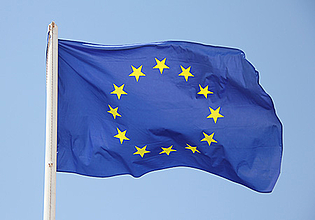News | Monday, 6 May 2024
Open letter from all EU Member States’ academies of science concerning the European elections

Image: Pixaby | Greg Montani
Science and innovation are key to the freedom and resilience of the European Union (EU). They promote business and prosperity, foster independent, critical thinking and reflection, and thus strengthen vibrant and resilient democracies. The EU Member States’ academies of science draw attention to these points in an open letter published today. In the lead up to the European elections, they appeal to candidates for the 2024 European Parliament elections to fight for a robust, open, and free scientific and academic system.
In the open letter, the academies of science stress that international cooperation in education and research as well as the open exchange of knowledge, researchers, and students collectively constitute the EU’s strongest asset. It is important to safeguard and promote this regional and competitive advantage both now and in the future. This involves scientific and academic freedom and institutional autonomy, as well as secure and sustainable working conditions for researchers and students.
Stable investments in research and education are needed to guarantee Europe’s leading global role in science. The academies also emphasise the importance of making the EU’s stated goal of investing three percent of gross domestic product (GDP) in research and development a reality, so that European scientists and academics can continue to conduct cutting-edge research.
The letter also draws election candidates’ attention to the importance of scientific knowledge informing how the European Parliament and other EU institutions shape policy. Science can make a key contribution to dealing with challenges such as climate change, the loss of biodiversity, and the energy transition. The European Parliament should therefore foster an open and cooperative dialogue between stakeholders from science, politics, civil society, and the business sector.
